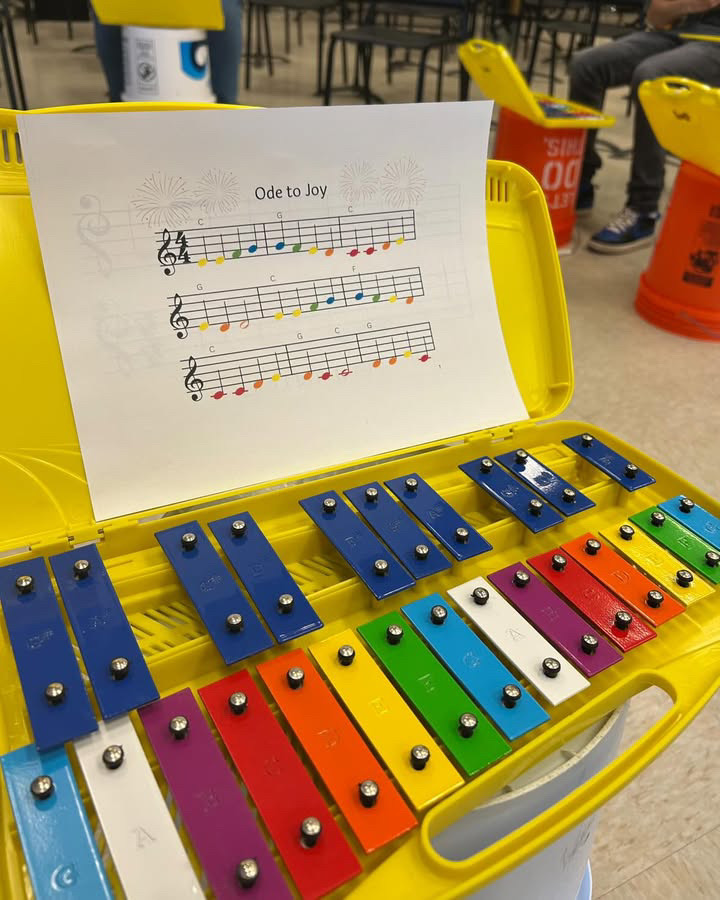MCPS modifies grading guidelines for second marking period
December 7, 2020
MCPS modified its grading guidelines for the second marking period, citing complaints of high workloads during the first marking period. Changes took effect November 30, roughly three weeks into the second quarter.
The new directives eliminate progress checks, which MCPS previously administered in math, English and ESOL classes; they clarify that teachers may only assign students zeros on assignments in extenuating circumstances, and lower the suggested number of graded tasks for educators to assign their classes. Teachers are expected to issue between seven and nine assignments in the ‘All Tasks’ category, which accounts for 90% of a class grade, and a minimum of four tasks in the ‘Practice/Preparation’ category, which comprises the remaining 10%. Advanced courses like AP classes, however, may be exempted.
“MCPS does not supervise each and every teacher’s grade book,” said Department of College and Career Readiness and Districtwide Programs Director Scott Murphy. “There is an assumption that some courses, particularly college-level courses, may go beyond the guidance.”
MCPS removed quarterly progress checks, which formerly accounted for 10% of a student’s marking period grade, “to lessen the pressure of progress checks accounting as such a significant weight,” Murphy said.
The school system outlined the modifications in a document sent to teachers and principals on November 24. The Black & White obtained this report from an MCPS representative.
The instructions stress the significance of teachers ensuring that students can complete all of their work.
“It is important to be very clear with students about what assignments are graded (or not), and how many points are applied to each assignment,” the document reads.
MCPS decided to modify their guidelines after considering the views of students, parents, teachers, principals and community members throughout the first marking period, Murphy said.
“It was clear that there were concerns about the volume of assignments, about how challenging it is to manage the workload in the virtual environment,” Murphy said. “MCPS was committed to responding to that feedback and making adjustments for marking period two if necessary.”
While Murphy said that MCPS will publicize the modifications for students and parents next week, many teachers have already told their classes about the guidelines.
After learning of the changes, some students said they were dismayed that a reduced number of assignments will now have an increased weight in determining their final quarter grades.
“I feel like we’re still going to be stressed because fewer grades are going to be put into the gradebook,” junior Masha Berezina said.
Spanish teacher Fabiola Katz typically assigns her AP Spanish Language students one task in each grading category per week. This strategy will likely align with the guidelines changes, but Katz is more concerned with ensuring that her students are prepared for the AP exam, she said.
“The class, though it’s taught by Montgomery County, is a College Board class,” Katz said. “Some kids are in school five days a week, and my kids are competing with those kids to get a five or a four on the exam.”
Still, Katz intends to give her students a number of optional assignments so they have enough study materials to succeed in her class, she said.
MCPS remains committed to receiving feedback and is open to further modifying the guidelines, Murphy said.
“If there are additional adjustments that need to be made for the second semester, we will certainly be considering that as well,” Murphy said. “We are in a constant cycle of hearing feedback, responding to it, and trying to put things in place that ensure students have a sense of well-being.”











